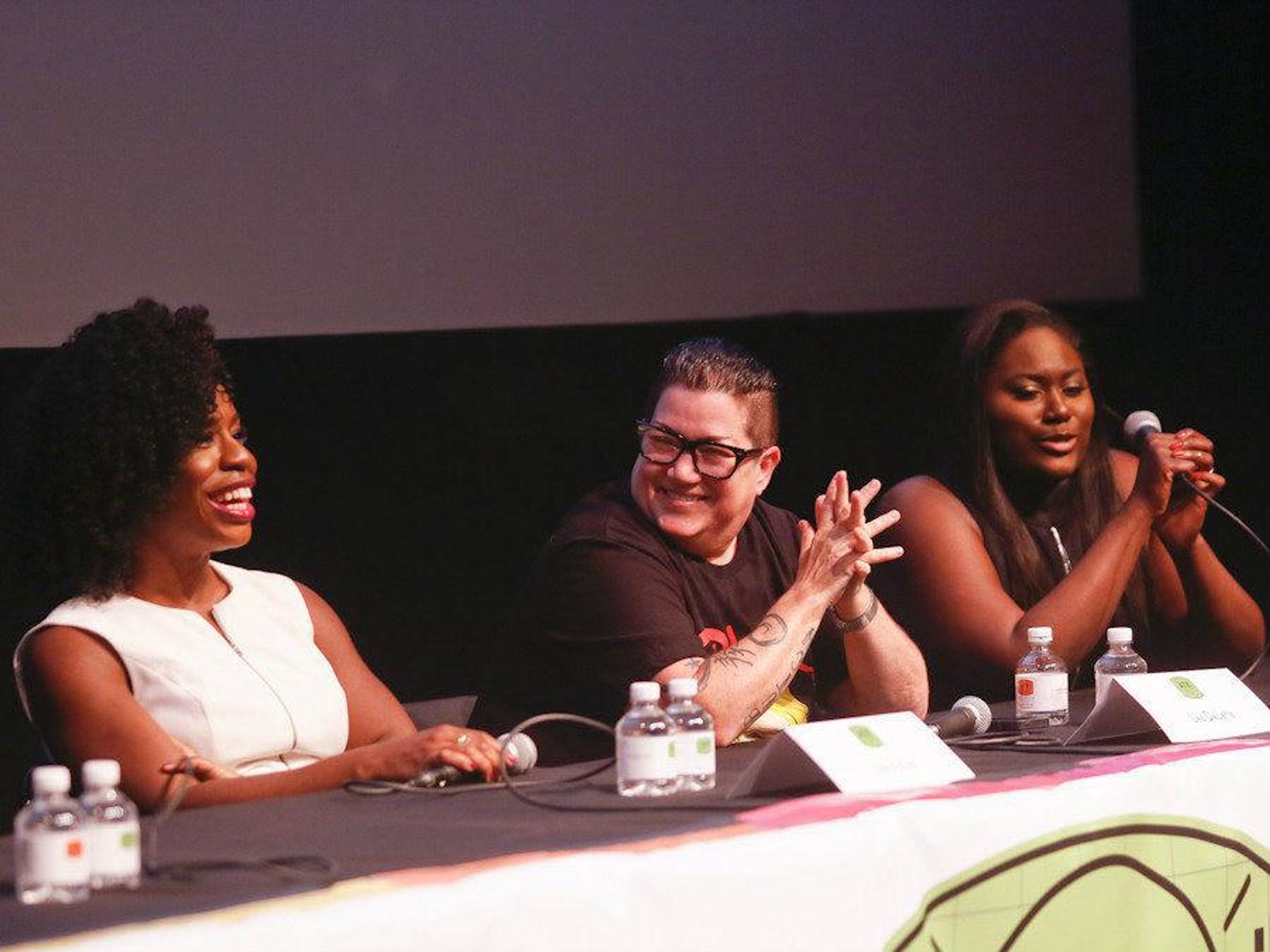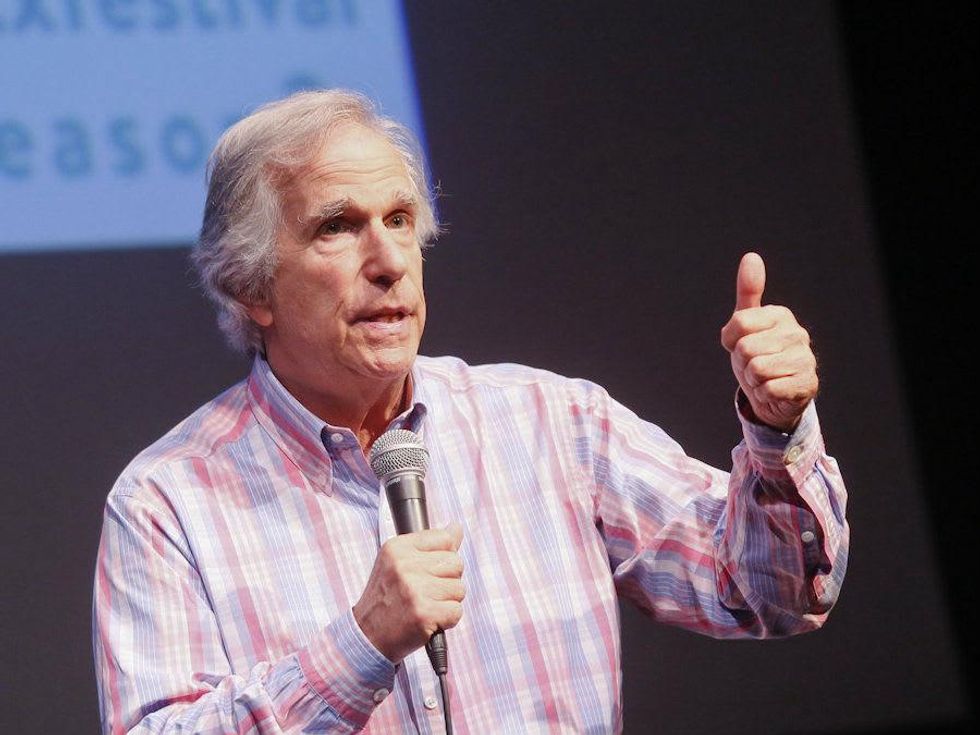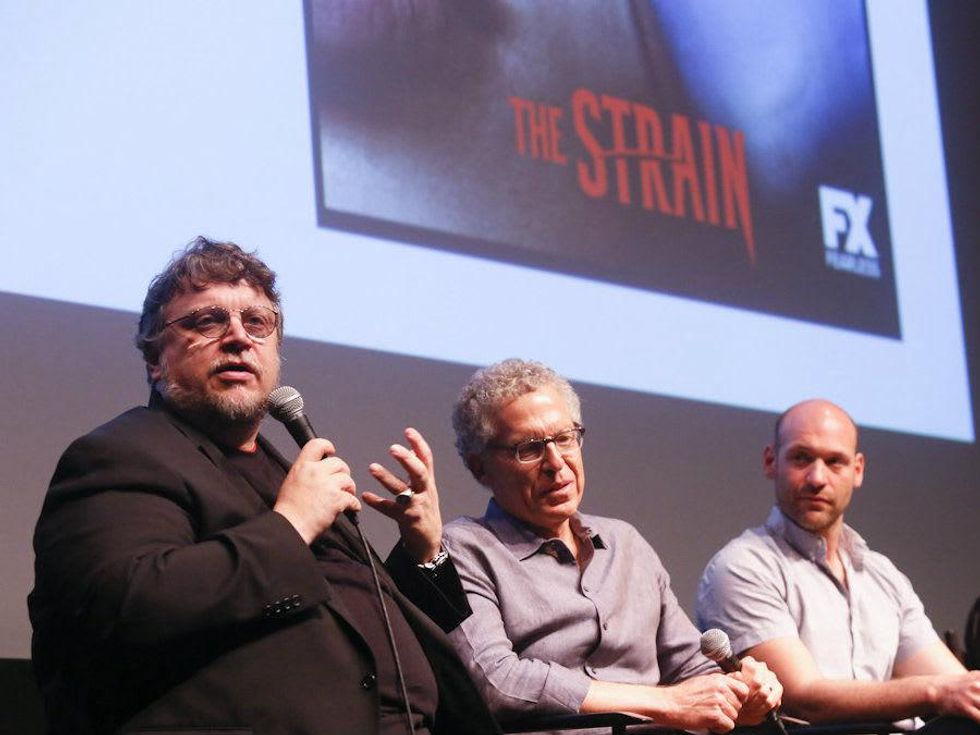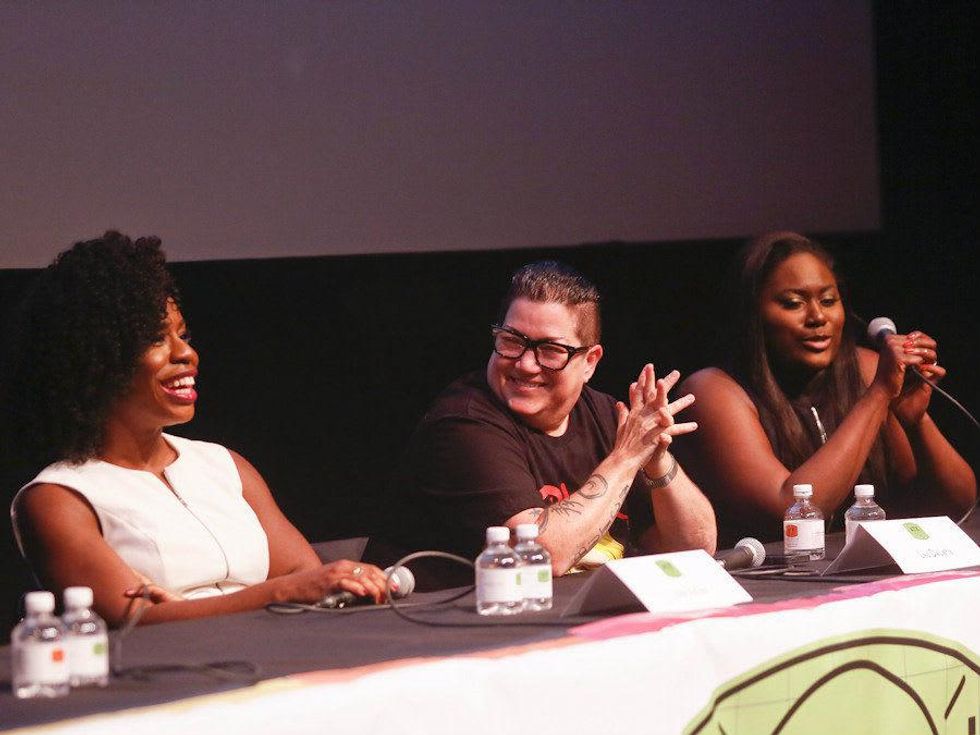Programming ATX Fest
ATX Television Festival's niche programming reflects modern TV trends

ATX Television Festival wrapped its third season on Sunday after a weekend of programming devoted to all things small-screen. Following its third year, the festival is at an important crossroads: What kind of festival will it become?
This year’s programming — which shined in its diversity — reflected the current landscape of television. Firmly grounded in the era of “narrowcasting,” today's television doesn't try to appeal to the masses; content is meant to attract a niche, well-defined audience. Channels cater to specific audiences, and every show, whether a ratings success or flop, hopes to create devoted followers.
ATX’s 2014 programming lineup followed in the narrowcasting footsteps. Nearly every featured show this year has a built-in (if small) fanbase willing to go to the ends of the earth just to see a few cast members in person.
On the day of its highly anticipated second season premiered, cast members from Orange is the New Black were on hand to discuss the Netflix series' massive online following. Archer, the animated series on FX, was highlighted with an intimate panel featuring series co-creator Matt Thompson and stars H. Jon Benjamin and Chris Parnell. And various cast reunions — Roswell, Hey Dude and Everwood — appealed to the millennial generation who grew up on Nickelodeon and The WB.
But, flipping through the lineup is like surfing through hundreds of channels at home. If you regularly binge on popular Netflix dramas, do you really care to see a screening for new network sitcom Mulaney? And if you're a fan of FX dramas such as Justified or Fargo, TNT drama series, like Legends or Dallas, may not appeal because they are a different brand of drama.
Having the diverse range of options at ATX Television Festival means not everything will be a must-see for each guest (just like how you may have hundreds of channels at home but only watch five). Down the road, narrow programming will make a huge difference in whether or not a TV fan decides to invest in a badge. In attempting to capture the new way that viewers consume content, the festival risks alienating a wider audience.
Instead of trying to please all viewers, ATX Television Festival's best course may be to identify its core audience, and keep programming specificly for that demographic. Narrow the focus of what the festival is about, and you will find that a smaller, but devoted, audience will always be there to support you. That's what television fandom is all about.



